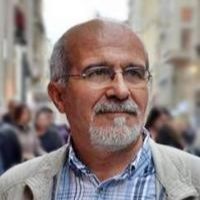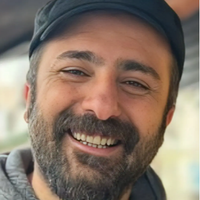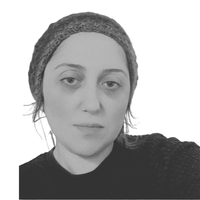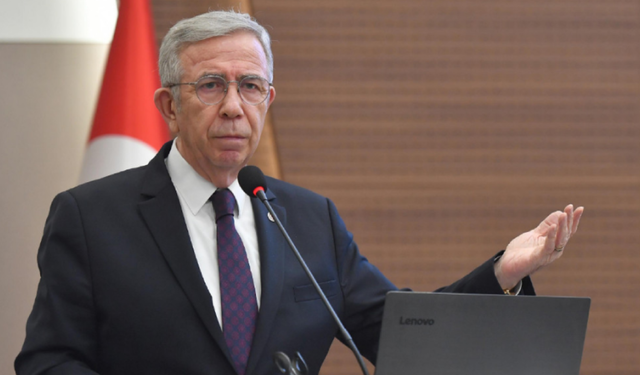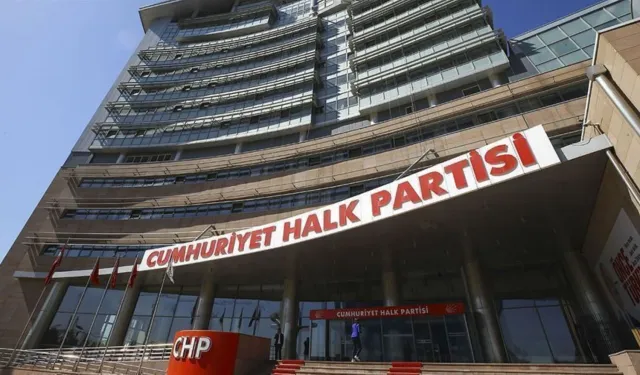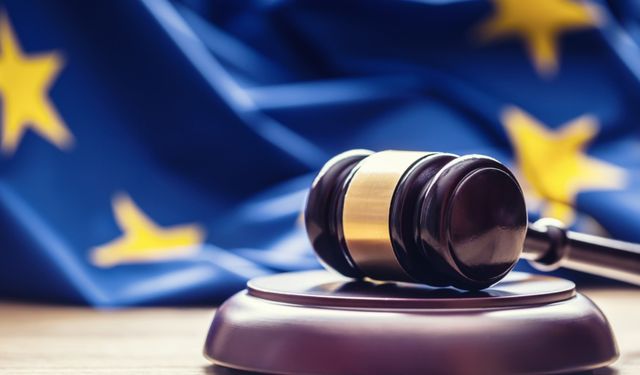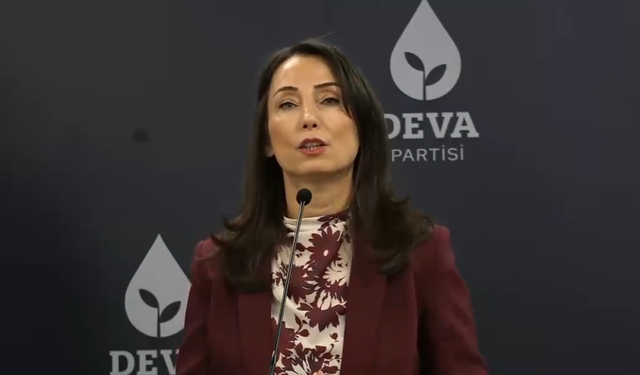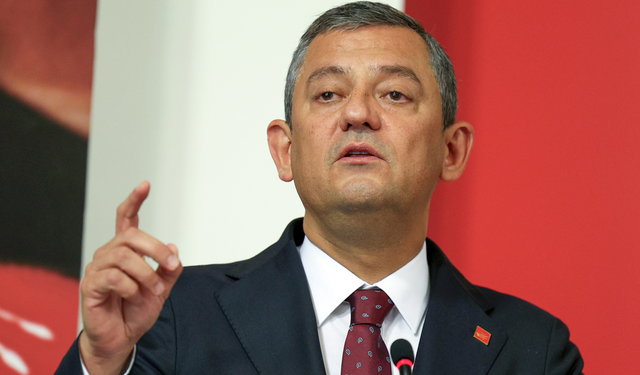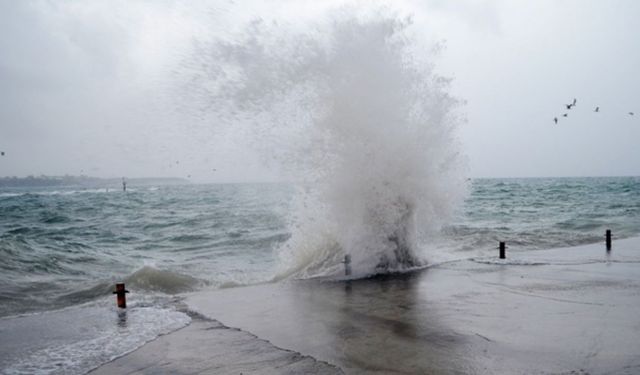After weeks of tension, Russian military operations began with an airstrike targeting Ukrainian air defenses, supply depots, and airports on February 24 at around 4 a.m. local time. However, the operation did not go as planned, with a massive airstrike that would paralyze the Ukrainian command and control structure. As Russia's expansion into the north, east, and south of Ukraine, intensifying its maneuvers along the Crimean and Belarusian lines, capturing ports, and resorting to cyber warfare is envisioned, the advance of Russian soldiers into Kyiv makes the regime's fall a matter of time.
French intellectual Michel Eltchaninoff asks in his book: "What does Putin have in mind? A complex doctrine, unpredictable and difficult to define as his own personality... But what kind of world does Putin's revisionist Russia envisage?
Putin has not been willing to take on a new mission. Russia's diplomatic history has something to tell us. Russian politics is designed on revisionism. Russia's geopolitical upheavals have often taken place after a war that ended in major defeat. Moscow's willingness to return to the status quo before the collapse of the Soviet Union has also become clear at this particular time. Despite the weight of historical precedents, however, the fact remains that it does not always create a strategic horizon. Putin's strategy is recalling the terminology of history books: territorial gain, occupation, conquest, empire... The concepts he has chosen to justify this strategy are also far from real politics: the "Nazification" of the Ukrainian army, the "nuclear" enthusiasm of Ukraine, the "genocide"...
NATO MEMBERSHIP AT THE CENTER OF TENSION
Russia's main argument is the threat posed by NATO's desire to expand eastward; so, a prospective membership of Ukraine in NATO is at the center of the tension with Russia. Every state in continental Europe has the right to join the North Atlantic Alliance, in conformity with NATO's open-door principle. Putin, on his side, wants guarantees from the Western countries that Ukraine will not become a member. In addition, he asks that the Ukrainian army be reduced and that Ukraine remains neutral.
Ukraine, with the largest area in Europe and a 44-million population, is a critical geopolitical axis for both Russia and Europe. In this respect, it is a highly important buffer zone for European security against Russian revisionism. In other words, it strategically sets up a barrier that might contain Russia's revisionist ambitions on its eastern borders.
However, there is an issue on which we should focus: Ukraine's participation in NATO is not on the agenda of either the European Union or the alliance members at this stage. To date, there is no consensus among member states on the accession of Ukraine, which also prevents any concrete perspective on the issue. Consequently, the military operations initiated by Russia to display its firm stance against Ukraine's membership in NATO should have a peculiar importance in Russian geopolitics. Nevertheless, one may hope that no one in Europe is unaware of the parameters of this strategic equation.
A PHASED INVASION PLAN?
Putin has received full parliamentary and senate authorization to deploy Russian forces across borders without any restrictions on the size, timing, and duration of military operations. Russia demands that the annexation of Crimea is recognized, that Ukraine abandons any desire and any possible move to join NATO, and finally, that Ukraine is neutralized militarily. According to geopolitical strategists, Russia's objective beyond these demands is to measure the West's reaction before launching the next course of action, and thus to continue its operations in a gradual manner. This shows that Russian forces will not stop until they have captured the rest of the Donestk and Luhansk regions, changed the regime in Ukraine, and ultimately brought Ukraine under Russian influence. In sum, it is clear that whatever syndrome Russia is dealing with, it has not left its revisionist policy behind.
Ukraine is a security value in the eyes of Europe. To Putin, however, it is not a real sovereign and independent state, and sooner or later it will be integrated into Russia. Such political rhetoric has already begun to give way to action. Let us briefly consider the key dates in Ukraine's latest political history:
Russia recognized Ukraine's independence in 1994. The accession of the former members of the Warsaw Pact to NATO after 1997 has increased Russia's unease about Ukraine. On the eastern line from Estonia to Bulgaria, Ukraine has become a buffer zone with Belarus (hard to put it on the same axis). Particularly since the collapse of the Soviet Union, tensions have always existed between the eastern-southern regions of the country, which speak mainly Russian and define themselves as Russians, and western Ukraine, where the population that wishes to integrate with Europe predominates. In 2013, the desire of the incumbent Ukrainian government to establish better relations with Russia made the political atmosphere in Kyiv even more difficult and increased the burden of Ukraine as a barrier country between the West and Russia.
With the annexation of Crimea in 2014, pro-Russian political groups in the eastern and southern regions went to a referendum and established the unilateral Donetsk People's Republic and Luhansk People's Republic, which Kyiv and Moscow did not recognize. The Minsk talks held for a ceasefire in 2015 aimed to disarm eastern Ukraine. In 2019, Russia began issuing Russian passports to residents of the region (It is claimed that approximately 700,000 people in the region hold Russian passports, which facilitates a legal response to Ukrainian military forces on the grounds that its citizens are under attack.). In the fall of 2021, Russia signaled the start of the Ukrainian offensive by deploying troops on the Belarusian line, and on February 22 (2022), it recognized the independence of the Donetsk and Luhansk People's Republics. What makes the issue of independence serious is the ambitions of these administrations to have rights over the entire Donbas region.
PUTIN’S COUNTRY READY FOR THE SANCTIONS
For the moment, the West is concerned with making sanction decisions apart from condemning Russia's illegal actions. However, there is no official NATO decision to send troops to Ukraine. Moreover, EU members have no joint plan to take a step in this direction. Ukraine is a candidate country for NATO membership, which means that it is not yet under NATO's cover and protection. The Ukrainian crisis is on NATO's agenda because it poses a direct threat to European security. It is therefore not yet on the agenda to go beyond financial, military, and humanitarian aid to Ukraine. Sanctions decisions are being taken now, considering their deterrent effect.
Sanctions are important instruments in the Western hand, but their effectiveness is questionable. Germany, whose position is quite controversial, has suspended the Nord Stream 2 gas pipeline linking Russia to Germany. The United States and Britain announced that they would impose sanctions on Russian banks while preventing Russia from borrowing from Western financial institutions. More sanctions will likely be added in the coming days. However, it should be appreciated that Putin has not assumed a new mission. Since 2014, he has been busy preparing the country's economy against any possible sanctions. Russian resistance to sanctions, in this respect, may be stronger than the West thinks, economists say.
Another key issue regarding the sanctions is how the global financial and energy markets will be affected. The West is also not very overt in this matter, as the West is not an actor that can make decisions alone, but an alliance framework to take action. Not every sanction decision is taken in accordance with the strategic interests of the states. For instance, Germany's suspension of the Nord Stream 2 pipeline in pursuit of its own economic and strategic interests not only hurts Russia, but also affects energy prices in Europe. On the other hand, Britain currently supplies only 3 percent of its energy needs to Russia. Yet Russia provides 40 percent of Europe's energy supply.
While pondering the deterrence of sanction decisions, it is also necessary to include China in this equation. As Russia has struggled to protect its economy since 2014, China has become an important part of its economic strategy distinct from the West. In addition, the two states' joint action in the Sea of Japan in 2021 and Russia's declaration that it will side with China against Taiwan culminate economic relations with political cooperation.
THE FIRE MAY SPLASH TO TURKEY
It is too early to produce definitive arguments on the Ukraine issue. However, it is possible to make some inferences about where it is headed. Russia will likely keep pushing the Western borders as far as possible to expand its sphere of influence. The fall of Kyiv means a new turning point. Moreover, it should not be forgotten that Russian ambitions also extend to the Balkans today. In such a situation, Turkey's policies acquire a high degree of importance.
As a NATO member, Turkey is obliged to contribute to any deterrence or defense strengthening steps that NATO will take. Such a situation will likely bring Turkey to a point where it can act more with its Western allies on security issues. However, NATO's involvement in the Black Sea question should be seen as a case that will put Turkey at the center of the crisis. Therefore, it is crucial for Turkey's security to maintain an equal and balanced distance between Ukraine and Russia and to monitor the progress very closely. In doing so, as a principal of the Montreux Convention (1936), it must act with the due diligence required by that agreement. However, an essential point: while the Ukrainian crisis opens a space for Turkey to act jointly with its Western allies, it should not be forgotten that Russia will be able to put more pressure on Turkey on the issue of Syria.

